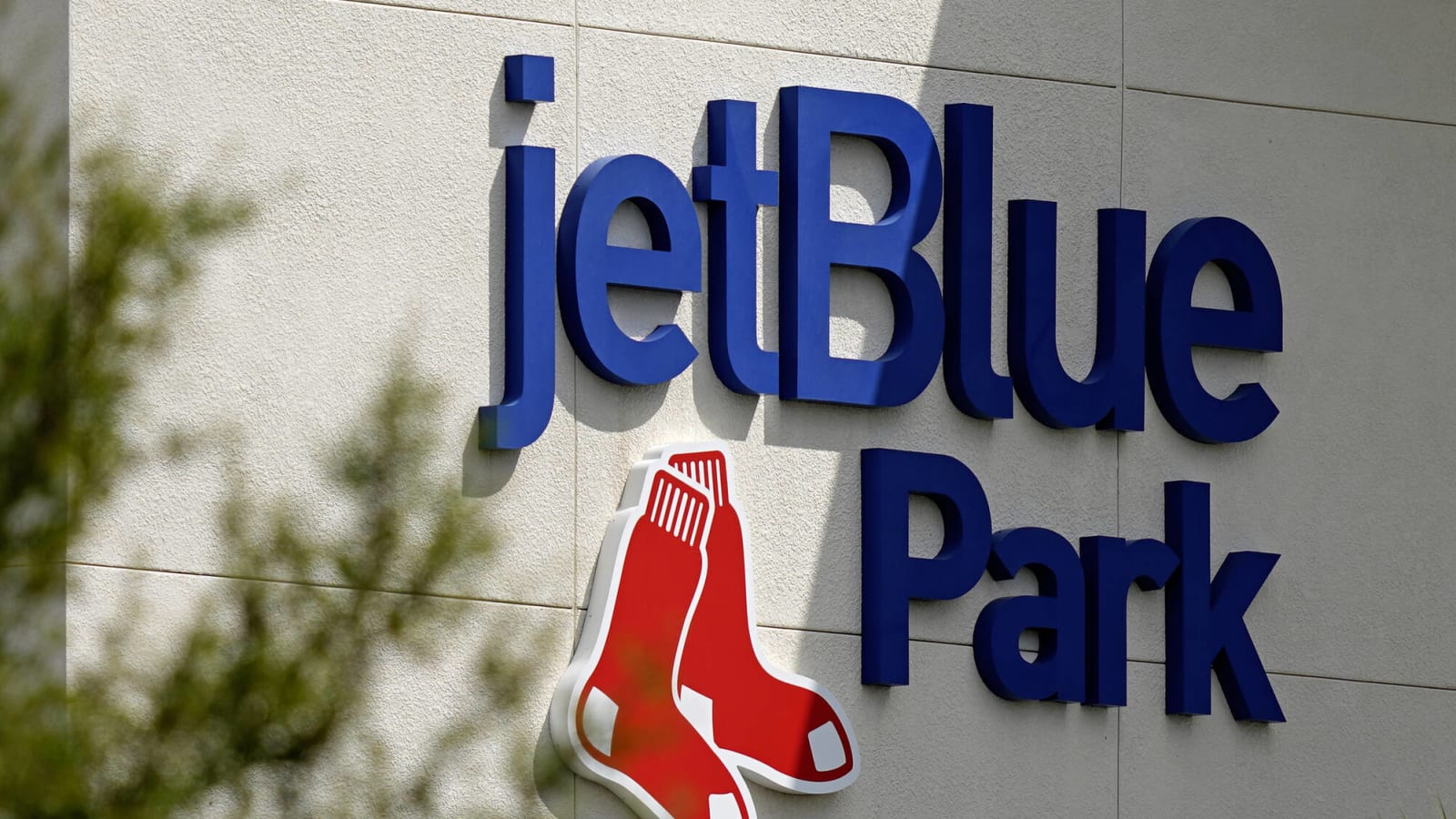
Major Boston city agency approves development surrounding Fenway Park
A Boston city agency voted 'yes' on a major construction project surrounding the famed Fenway Park.
On Thursday night, Catharine Carlock of the Boston Globe reported that the Boston Planning and Development Agency approved the development of Fenway Corners, a $1.6 billion mixed-use project that would bring new residences, retailers, offices and laboratories in the immediate vicinity of the longtime home of the Boston Red Sox. The Fenway Sports Group, John Henry's holding company for the Red Sox, the Liverpool Football Club and the Pittsburgh Penguins, is one of the financiers of this joint venture with two other Boston-area companies.
The project will consist of eight buildings, ranging from two to 19 floors, and will add nearly 1.5 million square feet of lab and office space. There will also be long desired upgrades to nearby streets, including those that border the stadium.
With Fenway Corners, the Red Sox are the latest team investing in real estate around its home. The best known versions of this trend are The Battery Atlanta, which supports the Braves' Truist Park, and Ballpark Village in St. Louis, which surrounds the Cardinals' Busch Stadium. Whereas The Battery and Ballpark Village largely exist to keep fans around before and after the end of games, Fenway Corners seems to have neighborhood redevelopment in mind in addition to fan engagement beyond Fenway Park.
Though not a large area, the Fenway-Kenmore neighborhood is far more than the ballpark as its home to several colleges and universities, multiple medical and tech companies and the city's thriving arts scene. It is also a densely packed area, which makes any construction project a challenge for residents and commuters alike.
Yanni Tsipis, who represents one of the companies behind the project, said that it was important that Fenway Corners looks and feels like the neighborhood;
“One of our guiding principles for the project is to embrace the pre-existing grit and grain of this area,” Tsipis said. “This project is certainly about transformation and change, but we also feel a really deep responsibility to protect and preserve the best of what makes Boston, Boston.”
Fenway Park itself is the oldest stadium in Major League Baseball, opening in 1912. It underwent major renovations over a ten-year period starting in 2002 and was added to the National Register of Historic Places in 2012.
More must-reads:
- Sources Refute Tristan Jarry Hip Injury Rumors
- Red Sox select North Carolina righty Max Carlson with 12th-round pick in 2023 MLB Draft
- The '2018 Boston Red Sox World Series roster' quiz
Breaking News
Customize Your Newsletter
 +
+
Get the latest news and rumors, customized to your favorite sports and teams. Emailed daily. Always free!

